HOME > Blog

In today’s world of climate change, resource scarcity, and rising social inequality, sustainable entrepreneurship is no longer optional—it’s essential. Consumers, investors, and governments increasingly demand businesses that create profit while also delivering social and environmental value. Startups that embrace sustainability from the beginning often gain a competitive edge, attract impact investors, and build long-term resilience.
Table of Contents
ToggleAccording to the United Nations Sustainable Development Goals (SDGs), entrepreneurship is one of the key drivers in achieving global sustainability targets by 2030.
Think With Jamal Sohail is your space to explore big ideas, real-world case studies, and lessons that shape the way we think.
My mission is simple: to make knowledge accessible, relatable, and inspiring—so you can think bigger, act smarter, and grow stronger.
Join me on this journey of ideas, insights, and impact.

Sustainable entrepreneurship refers to the creation of businesses that balance profit with purpose by addressing environmental, social, and economic challenges. Unlike traditional startups that focus mainly on growth and revenue, sustainable startups integrate eco-friendly practices, circular economy models, and social impact strategies into their core operations.
Examples include businesses that reduce carbon footprints, provide clean energy solutions, support ethical supply chains, or promote inclusive employment.
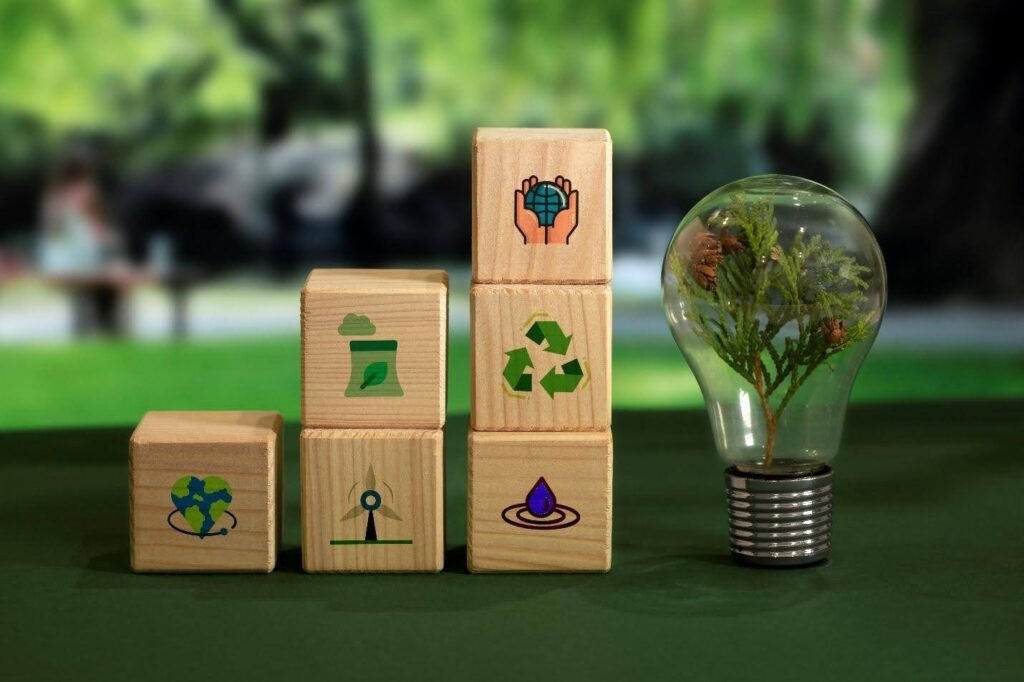
Sustainable startups often share common traits:
These traits make them attractive to both impact investors and eco-conscious consumers.
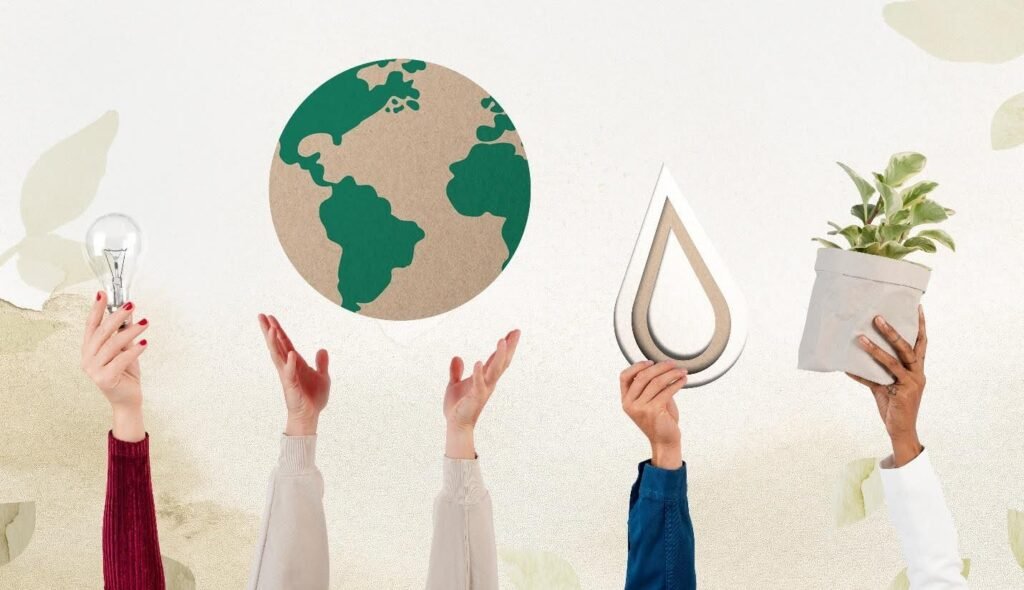

Despite their potential, sustainable startups face hurdles:
Still, these challenges can be overcome with the right ecosystem support and innovative funding strategies like green bonds, crowdfunding, and blended finance.
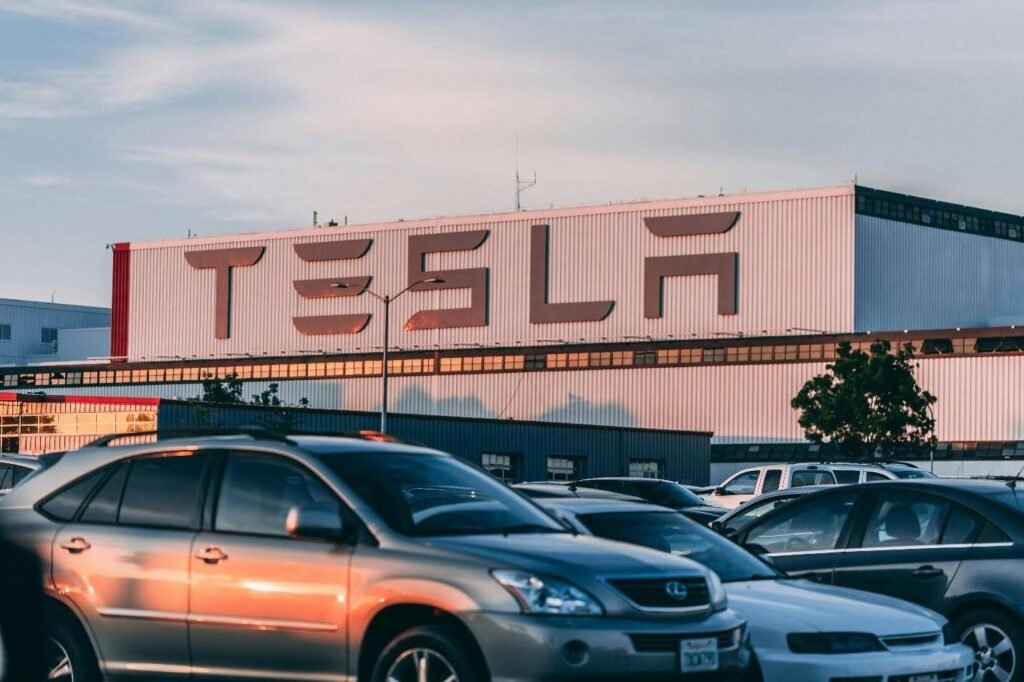
These companies show that sustainable entrepreneurship can lead to billion-dollar valuations while driving meaningful change.
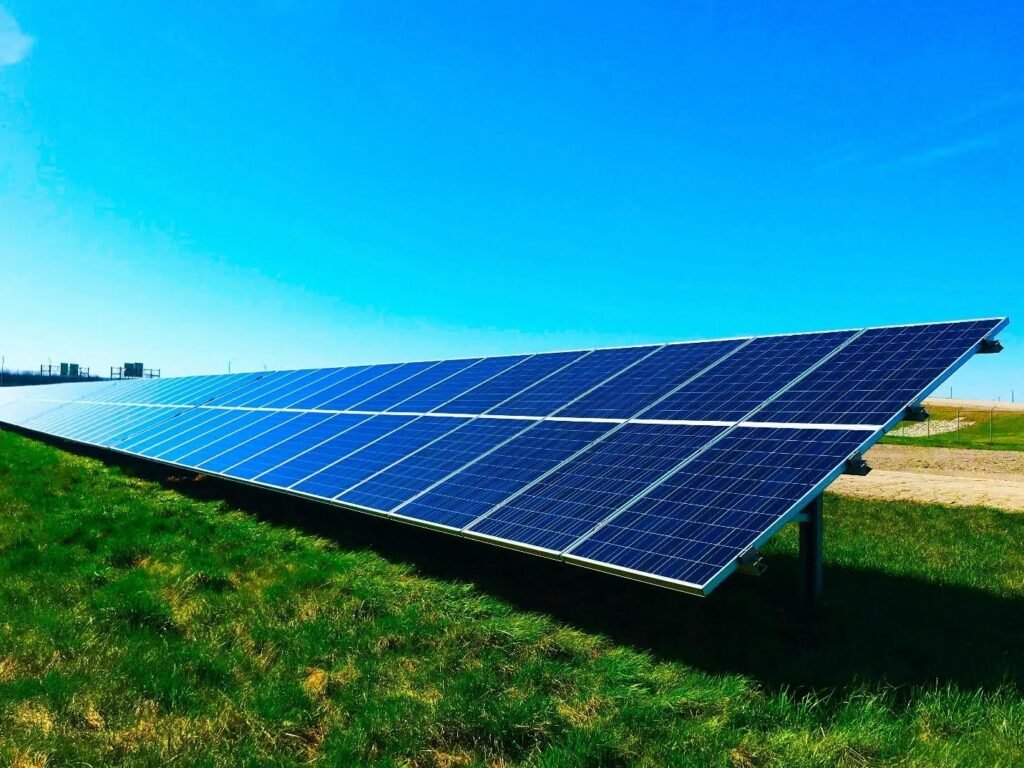
In Pakistan, the entrepreneurial ecosystem is rapidly evolving, with sustainability slowly gaining traction. Startups like:
Emerging markets face bigger infrastructural and financial barriers, but also offer untapped opportunities for scalable, impactful ventures. Reports by World Bank highlight that SMEs and sustainable startups can significantly contribute to GDP growth and poverty alleviation.
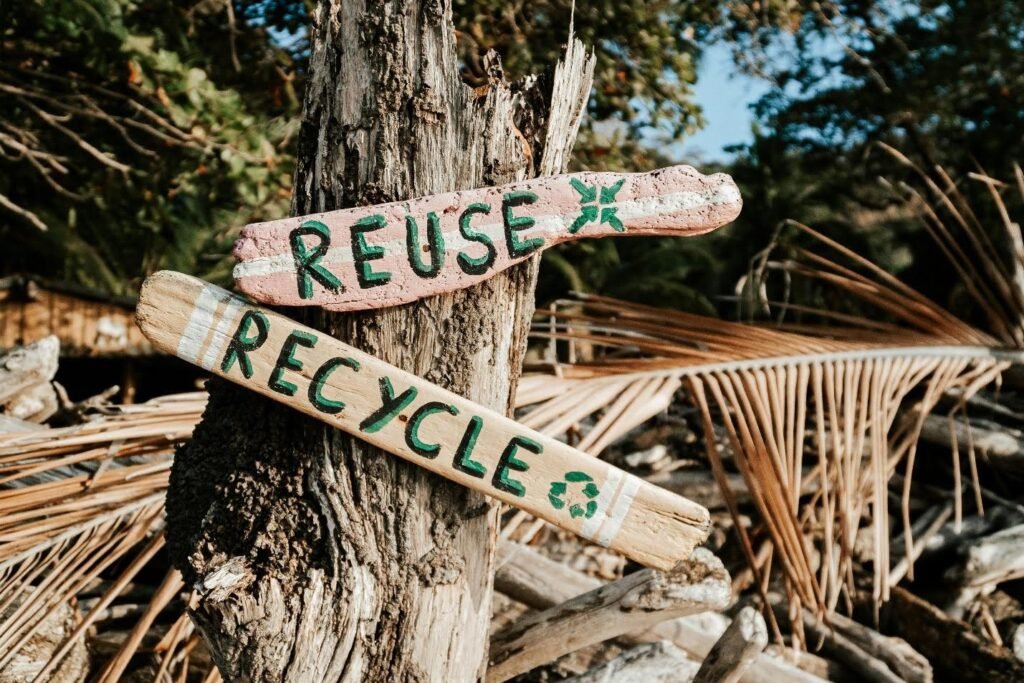
If you’re an aspiring entrepreneur, here are actionable steps to start sustainably:

Public policy plays a vital role in shaping the future of sustainable entrepreneurship. Ecosystems such as incubators, accelerators, and government programs help startups access resources, funding, and mentorship.
For example:
These ecosystems provide the fertile ground necessary for sustainable startups to scale.
Sustainable entrepreneurship isn’t just a buzzword—it’s the future of business. Startups that prioritize sustainability gain resilience, long-term profitability, and a positive global reputation.
By combining innovation with responsibility, entrepreneurs can tackle climate change, create inclusive economies, and achieve the SDGs—all while building profitable ventures. The next generation of unicorns will not just be defined by revenue, but by their impact on people and the planet.